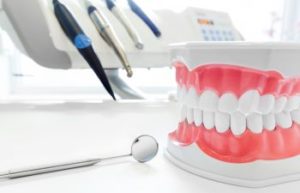The Truth About Sugar and Your Dental Health
 When it comes to sugar consumption, the risks are well known. You’ve probably been warned about how excessive sugar intake can lead to obesity, heart disease, diabetes and other overall health conditions. It is also no surprise that sugar is bad for your teeth! But is the sugar itself causing cavities? And what about artificial sweeteners? Here’s some clear insight on sugar and the health of your smile.
When it comes to sugar consumption, the risks are well known. You’ve probably been warned about how excessive sugar intake can lead to obesity, heart disease, diabetes and other overall health conditions. It is also no surprise that sugar is bad for your teeth! But is the sugar itself causing cavities? And what about artificial sweeteners? Here’s some clear insight on sugar and the health of your smile.
Natural Sugar
While sugar is commonly perceived as the worst food for your dental health, carbohydrates like bread and crackers are actually worse. Furthermore, it is not the sugar itself that eats away at your tooth enamel and causes a cavity. When you consume natural sugars, the bacteria in your mouth feed on it and produce an acid in response. This can go on for up to 20 minutes after you’ve consumed a sugary treat. It is the acid that damages the tooth enamel, yet sugar certainly plays an instigating role. If you consume sugar, it is best to do it in one sitting instead of snacking throughout the day. If you can’t brush after your indulgence, try to at least rinse your mouth with water to neutralize the acids.
Artificial Sweeteners
Artificial sweeteners have gained recent recognition and favor for their ability to provide a sweet taste without the calories of natural sugars. When it comes to your teeth, artificial sweeteners are better than natural sugars but they don’t escape total risk when it comes to your overall health. Splenda, Sweet’n Low and other sugar substitutes don’t produce the same decay causing acids when combined with oral bacteria. Therefore, there is less dental risk in choosing artificial sweeteners over natural sugars. Xylitol is your best choice for your smile, as it is an artificial sweetener that is known for destroying bad bacteria in your mouth. Look for it in a sugar-free gum variety!
Still have questions about sugar and your smile? Contact Dr. Wayne Suway in Marietta. We know you can’t always ignore your “sweet tooth,” so we encourage patients to use moderation and smart follow-up habits when it comes to sugar.
Posted on behalf of
1820 The Exchange SE, #600
Atlanta, GA 30339
Phone: (770) 953-1752
FAX: (770) 953-6470
Mon - Thu: 8:30 AM – 5:30 PMClosed for lunch: 12:30 PM - 1:30 PM









